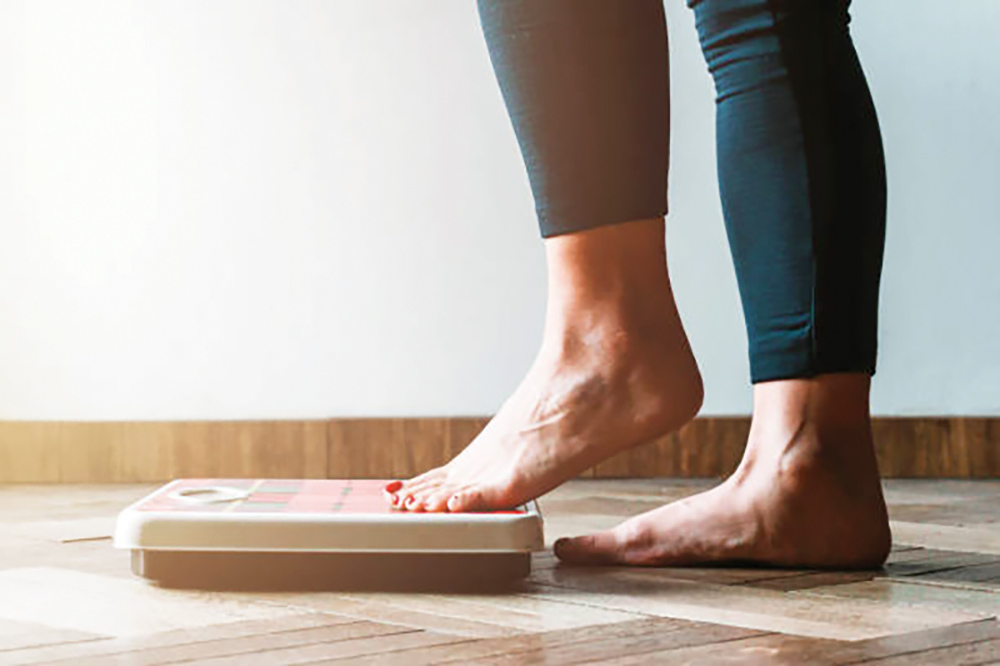
As a personal trainer, I often hear various diet and weight loss strategies from my clients. One popular plan that frequently comes up is the idea of cutting out carbs from dinner to lose weight.
However, the truth is that avoiding carbs at night isn’t a magical solution for shedding pounds, and carbs themselves aren’t solely responsible for weight gain. I’m here to tell you that you can still enjoy pasta with your dinner and achieve your fat loss goals.
This weight loss myth comes from two theories:
- Carbs inherently make you gain weight;
- Your metabolism slows down at night.
Addressing the first theory—carbohydrates are one of three macronutrients, alongside protein and fat. These macronutrients collectively make up your daily caloric intake. The key to weight management doesn’t lie in carb consumption; it hinges on the balance between calories eaten and calories expended. Weight gain will occur if you eat more calories than you burn in a day. Whether you overeat protein, carbs or fats, you will gain weight if you burn fewer calories that day.
Now, let’s tackle the second theory. Ever hear someone tell you that you shouldn’t eat carbs at night because your body won’t be able to use the carbs as fuel while you sleep, so you will store it as fat?
Some people used to think that your resting metabolic rate slows down at night while you are sleeping, but this is outdated. Research finds that sleep metabolic rate and wake metabolic rate do not significantly differ.
When we eat carbs before bed, and therefore don’t use them for energy right away, our body stores this as glycogen. But, this isn’t concerning as long as you are not in a calorie surplus. You can just use your glycogen stores the next day! You might even have a better workout the next morning.
Excess glycogen can potentially be stored as fat, but it’s crucial to emphasize that this would be because of a calorie surplus, not the carbohydrates themselves. Notice a pattern?
The idea of avoiding carbs at night, or altogether, is an outdated diet myth that promotes unhealthy eating habits and fear-based nutrition. Weight gain is driven by exceeding your personal maintenance calories, irrespective of whether those calories stem from carbs, protein or fats.
Shelby Speiser is a personal trainer in Bergen County specializing in women’s fitness, osteoporosis training, pre and post natal, and weight loss. She can be reached on Instagram @ShelbyBrooke_Fitness









